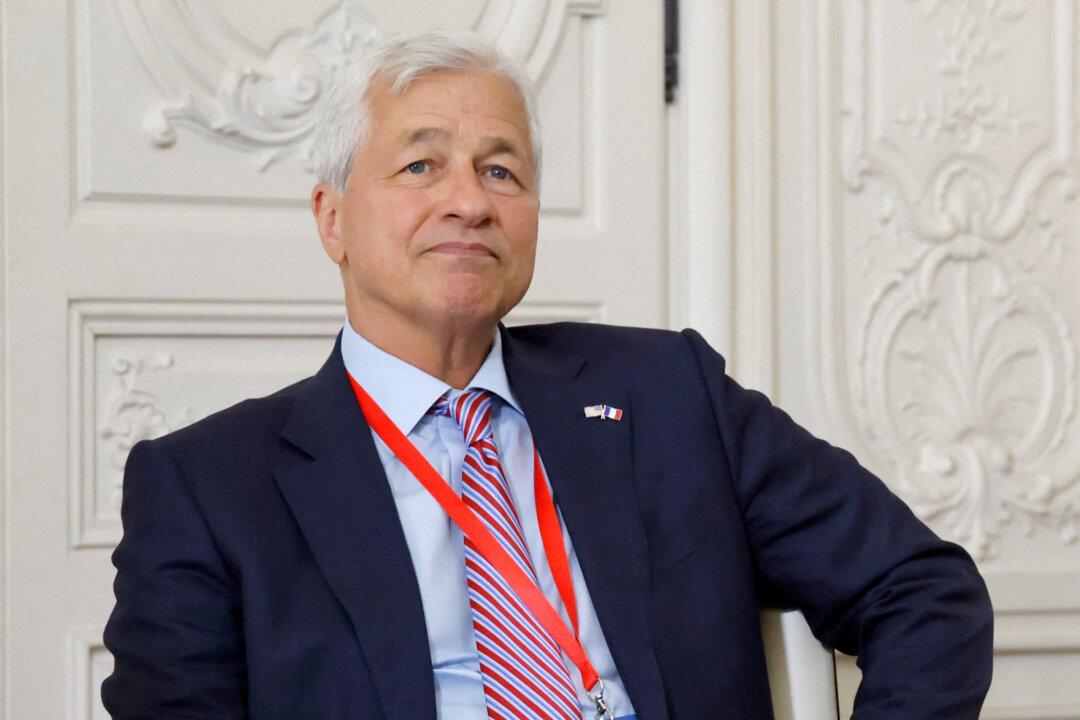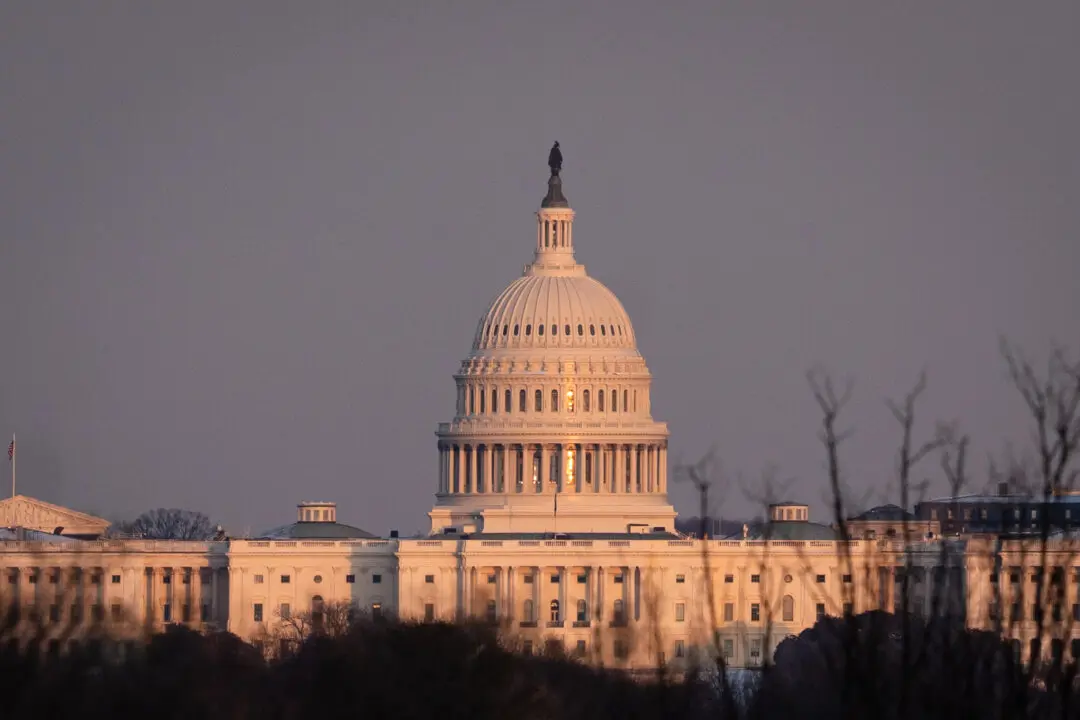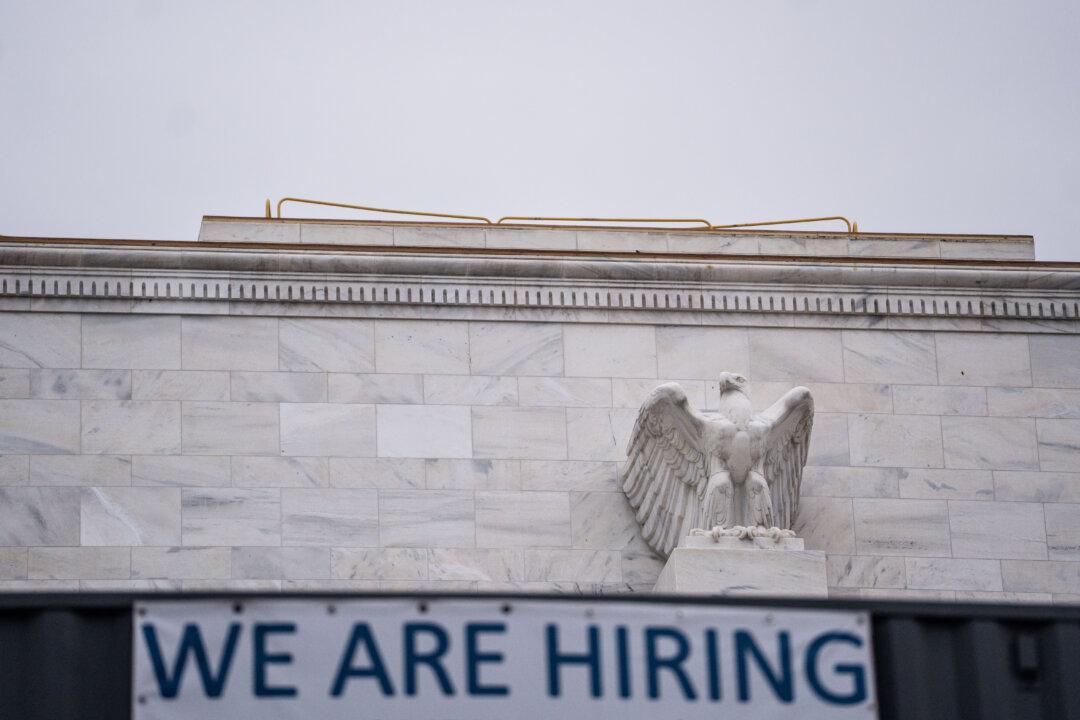Despite the U.S. economy slipping into a technical recession in the first half of 2022, CEOs believe that economic conditions could further deteriorate over the next six months, according to a recent survey by a nonprofit business membership and research group organization.
The Conference Board survey found that 98 percent of chief executives are preparing for a recession in the next 12 to 18 months in the United States.





